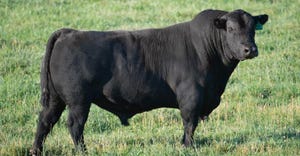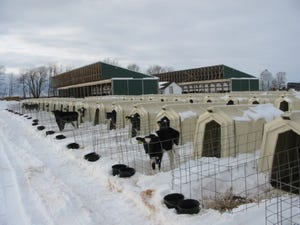SCID pigs make ideal models for human medicine
Mutations identified that led to pigs that lack immune systems, allowing them to be ideal models for human medicine.
October 15, 2015

Animal science researchers at Iowa State University have identified a pair of genetic mutations that cause immune deficiencies in pigs that make them uniquely good models for testing potential medical therapies for people.
The discovery of the mutations will pave the way for researchers to further develop a genetic line of pigs with severe combined immunodeficiency (SCID) at Iowa State and to improve husbandry and management practices for the pigs.
Christopher Tuggle, an animal science professor, said pigs born with SCID make ideal models for studying vaccines, potential cancer treatments and stem cell therapies for human medicine. That’s because their deficient immune systems can’t reject cells introduced experimentally.
“The pig is known to be an excellent model for human biology due to its similar size, physiology and genetic make-up,” Tuggle said. “This shows it has high potential as a model for many areas of testing in regenerative medicine, a new medical specialty that repairs disease instead of treating symptoms.”
Tuggle was part of a research team that published findings recently in the Journal of Immunology, a peer-reviewed academic publication, identifying two genetic mutations in pigs that lead to offspring with SCID.
In collaboration with researchers at Kansas State University, Iowa State scientists first identified pigs with SCID around four years ago as part of an ongoing study of feed efficiency in pork production and the impact of infectious disease. The project, led by animal scientist Jack Dekkers, did not set out to breed a line of pigs with SCID, but the researchers quickly realized their value when some pigs did not show an immune response when exposed to a viral disease.
The National Institutes of Health awarded the researchers a $2.5 million grant earlier this year to improve management practices for the SCID pigs, which require a range of special considerations.
You May Also Like

.png?width=300&auto=webp&quality=80&disable=upscale)

